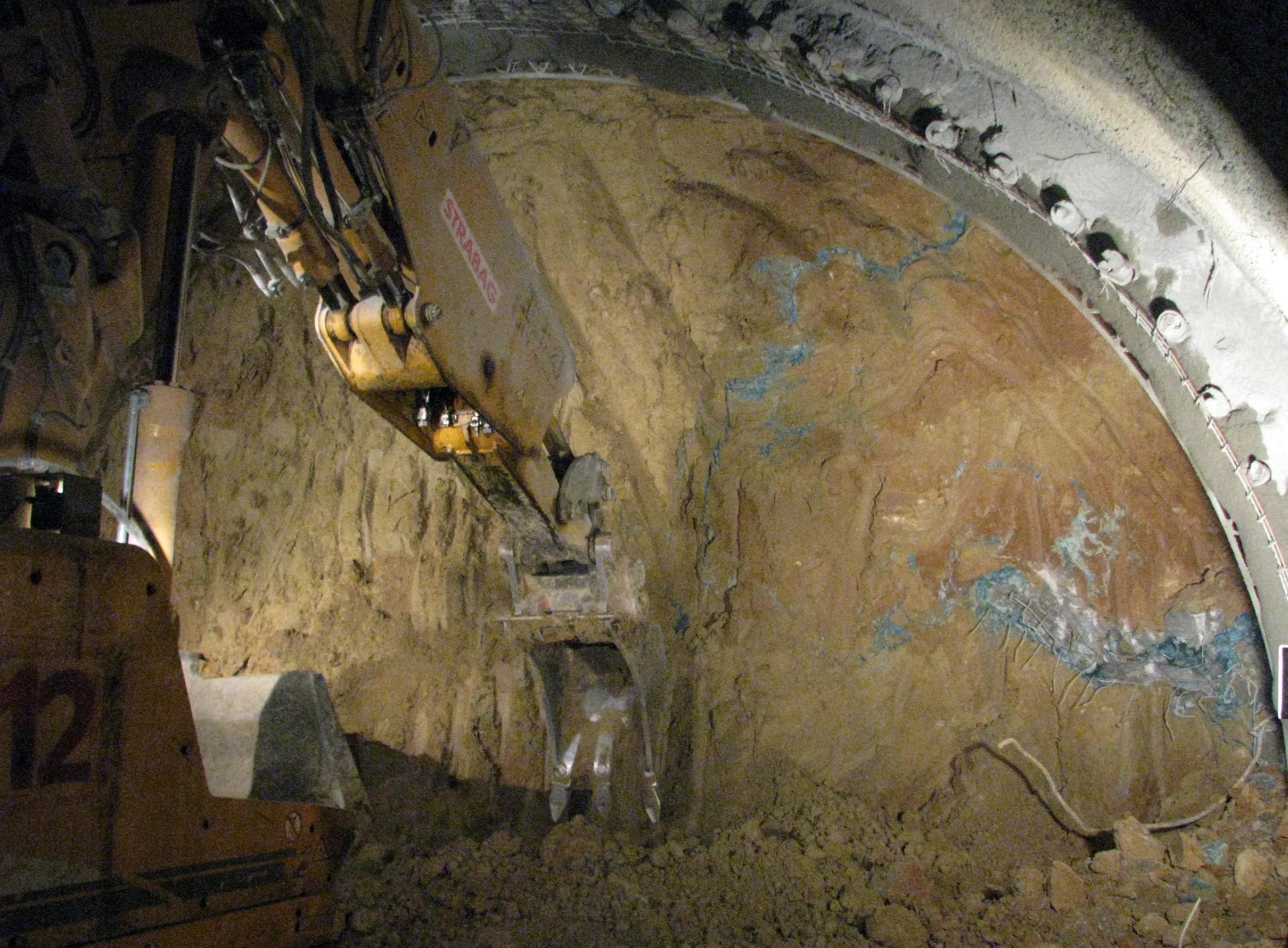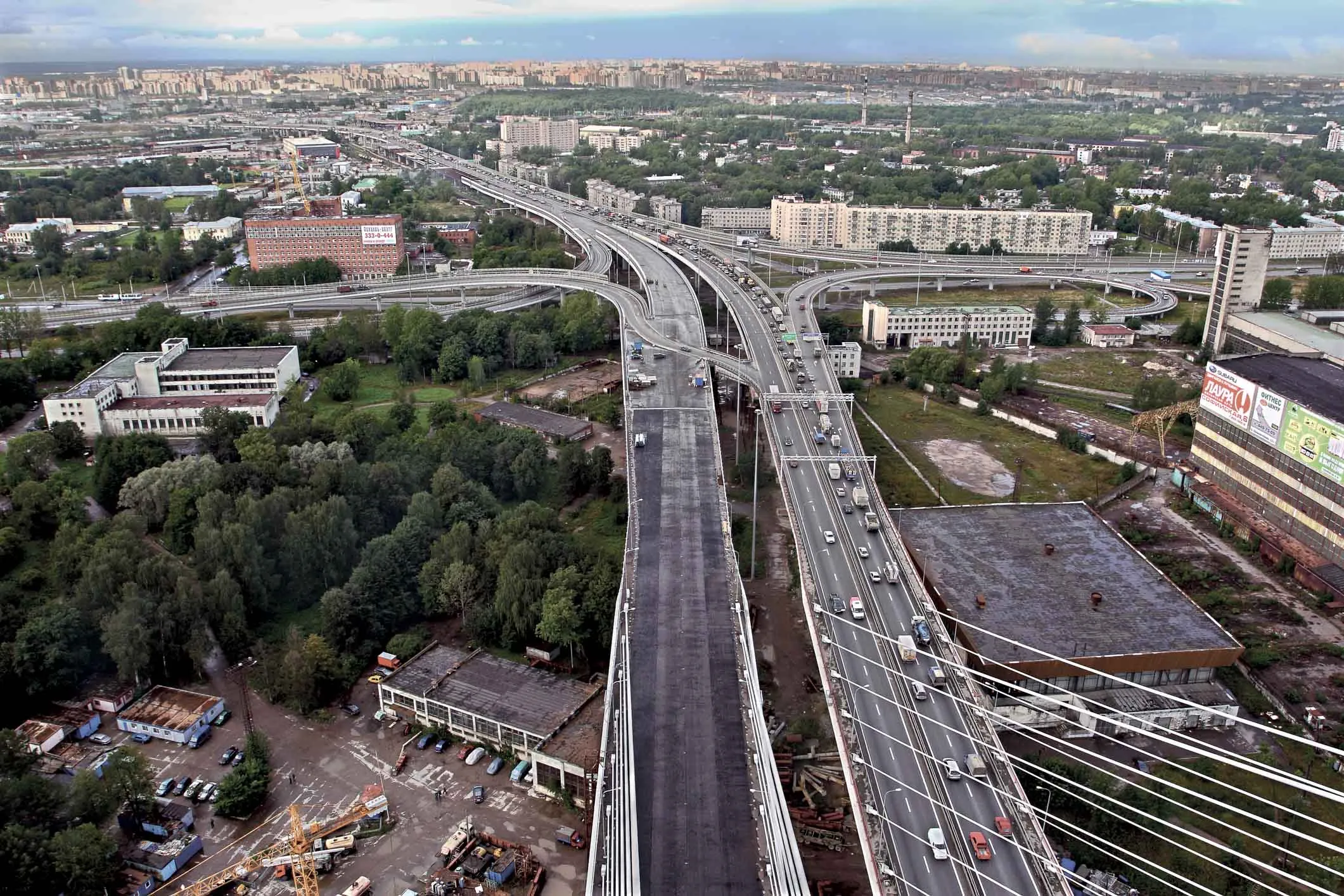A new completion date has been set for the La Linea Tunnel project in Colombia. The work should now be finished in late 2020, although the project was originally intended to be ready by late 2016. The various contracts to complete the Cruce de la Cordillera Central route will be awarded in April 2019 by the national road institute (
The project to build the tunnel has been plagued with problems and has suffered numerous delays, due to a wide range of reasons. The geology of the tunnel route was far more challenging than had been originally envisaged, requiring changes to the construction methods used. Firms previously working on the project have also suffered from shortages of financing, resulting in further delays and halts to progress.
Measuring 8.6km in length, the tunnel will be one of the longest in Latin America when complete. Challenges to its construction have also included the altitude of the portals, with the western end at 2,420m and the eastern end at 2,505m. The tunnel will replace a mountain pass that is not able to cope safely with the volumes of traffic it currently has to handle as it is too narrow and has too many sharp curves, as well as having insufficient capacity.
Colombia key tunnel project – new completion date
A new completion date has been set for the La Linea Tunnel project in Colombia. The work should now be finished in late 2020, although the project was originally intended to be ready by late 2016. The various contracts to complete the Cruce de la Cordillera Central route will be awarded in April 2019 by the national road institute (Invias). The contracts will include strict measures to ensure that contractors will comply with all the terms of the deal. The Colombian Government previously allotted US$204.5 m
March 6, 2019
Read time: 2 mins







